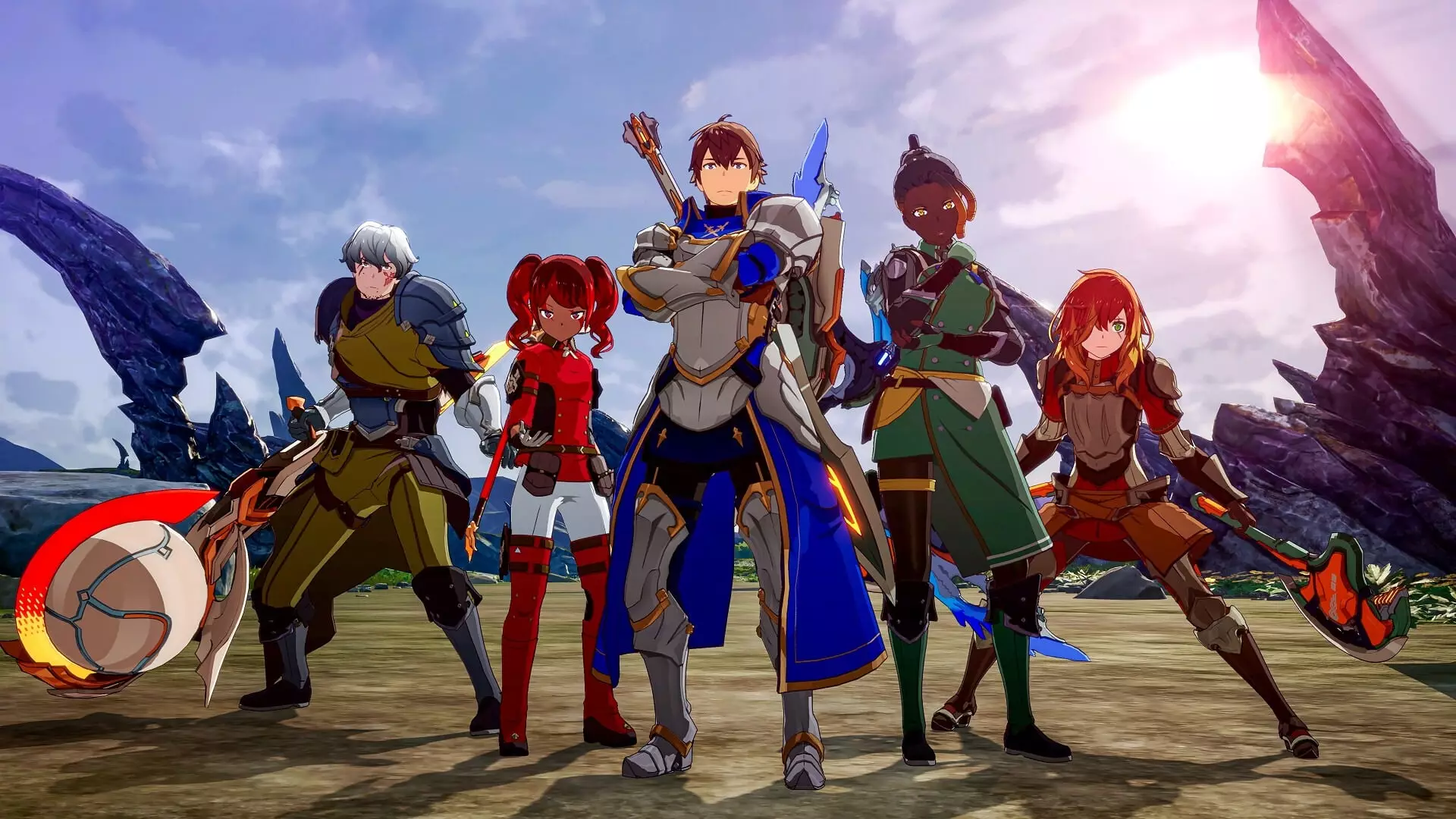In an unexpected twist in the gaming landscape, Bandai Namco’s anime-inspired MMORPG, Blue Protocol, is making a grand comeback after being shut down in Japan in February 2025. Originally met with a swift cancellation of its western release around August 2024, the tides have shifted dramatically. The once abandoned title has been revitalized through the efforts of Bokura, a studio backed by Tencent, and is now set to launch globally on PC and mobile platforms. This revival not only reignites player interest but represents a thrilling case study on how second chances can unfold in the gaming industry.
The Journey of Transformation
Upon its initial release, Blue Protocol struggled to meet player expectations, leading the developers to make the difficult decision to shut it down. The team acknowledged that they fell short of delivering the immersive, anime-like experience that players were eagerly anticipating. “We deeply apologize for the sudden announcement,” the studio expressed, illustrating the emotional weight behind their decision. However, the narrative has taken a positive turn; under the new moniker, Blue Protocol: Star Resonance, the project underwent significant rework. The question that looms is whether this revitalized version will achieve the resonance that its predecessor failed to capture in Japan.
The game’s transformation is not merely cosmetic but includes fundamental changes aimed at enhancing player engagement and satisfaction. The developers appear committed to creating a rich, vibrant world where players aren’t just participants but the central characters in an expansive anime universe. This ambition reflects a growing trend in the gaming industry—developers are increasingly recognizing the importance of player agency and investment in their narrative journeys.
Anticipation and Skepticism in the Community
As the news of Blue Protocol’s revival spreads, the gaming community stands at a crossroads of excitement and skepticism. On one hand, the comeback of a canceled project is rare and often cherished; it offers fresh opportunities for a game to improve upon its past shortcomings. On the other hand, many players are rightfully cautious. The initial failure lingers in memory, making it essential for Bokura to not only meet but exceed the expectations set during its promotional campaign.
Potential players are undoubtedly intrigued by the revamped content and the promise of a more satisfying gameplay experience. However, the burden of proof now lies squarely on Bokura’s shoulders. Additionally, the collective hope from gaming enthusiasts serves as both a motivator and an immense pressure for the development team. The artistic vision of stepping into an anime-inspired world is entrancing, yet translating that vision into a compelling and engaging gameplay experience is a monumental challenge.
Navigating the New Trends in MMORPGs
Blue Protocol’s revival also arrives during a period of significant evolution in the MMORPG genre. Players today expect frequent content updates, meaningful community interaction, and responsive customer service—elements that didn’t resonate strongly with the original title. The developers must therefore skillfully navigate these trends to ensure the game not only attracts players but retains them over the long haul.
With a new launch on the horizon, it will be captivating to observe if Blue Protocol: Star Resonance captures the essence of the genre while carving out a distinctive identity. For now, anticipation brews as the gaming community awaits what this once-canceled title has to offer in its second act, mirroring the complexities of both hope and revitalization in gaming.

